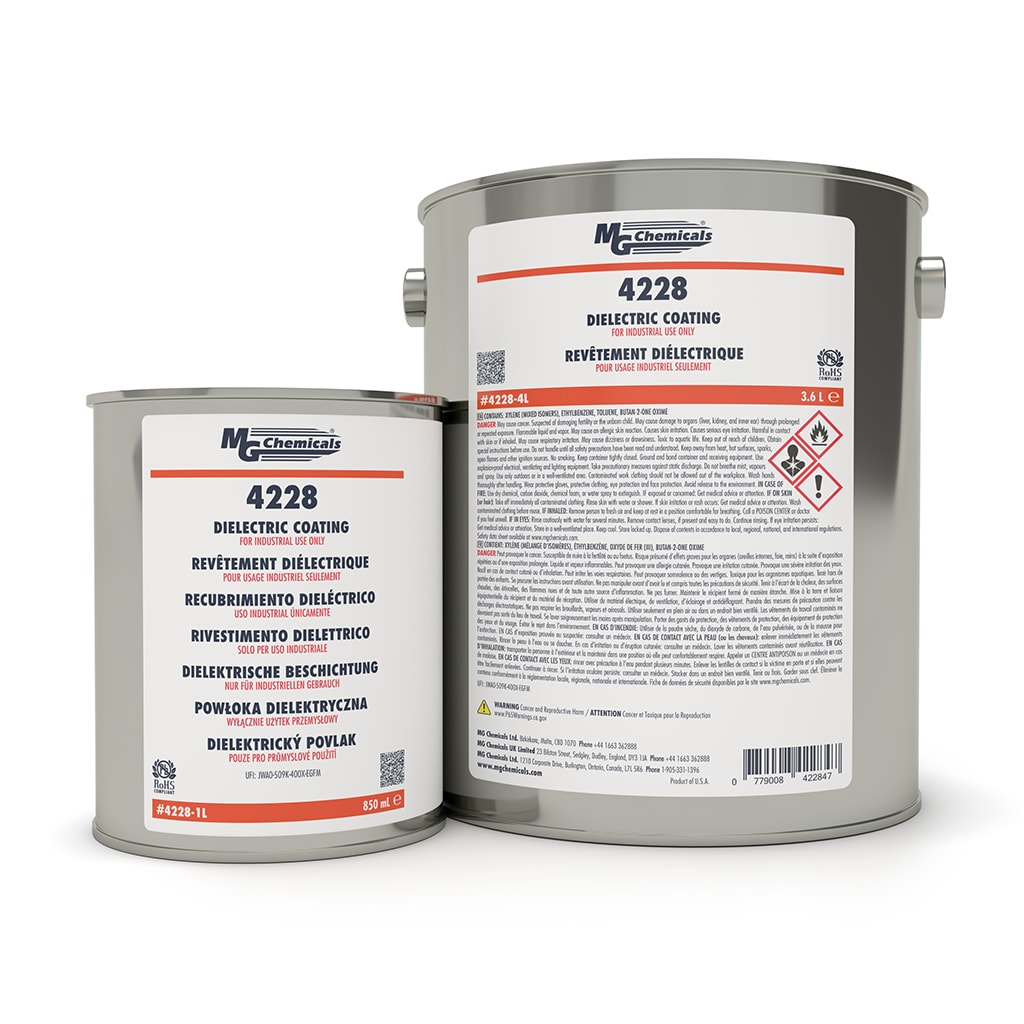Contents

Source: MG Chemicals
<>
Understanding Dielectric Coatings in Optics
What are Dielectric Coatings?
Dielectric coatings, also known as thin-film coatings or interference coatings, are composed of thin layers of transparent dielectric materials deposited on a substrate. These coatings alter the reflective properties of surfaces by utilizing the interference of reflections from multiple optical interfaces.
Applications of Dielectric Coatings
Dielectric coatings have a wide range of applications in optical devices. They are commonly used as anti-reflection coatings and in dielectric mirrors, where intricate designs with multiple layers are employed to achieve specific optical properties.
Materials and Fabrication
Dielectric coatings are typically made of two different materials, such as oxides like SiO2 and TiO2, with varying refractive indices. The choice of materials and fabrication techniques significantly impacts the performance and properties of the coatings.
Deposition Techniques
Various methods are used to deposit dielectric coatings, including electron beam deposition, ion-assisted deposition, ion beam sputtering, and advanced plasma reactive sputtering. Each technique offers unique advantages in terms of coating density, uniformity, and adhesion.
Design Considerations
The design of multilayer dielectric coatings plays a crucial role in tailoring their reflectivity for specific applications. Simulation software is often used to optimize coating designs and ensure desired optical properties are achieved.
Challenges and Considerations
The fabrication of dielectric coatings requires careful consideration of factors such as substrate material, coating materials, growth monitoring, and environmental stability. Monitoring the growth process and controlling parameters are essential for consistent and high-quality coatings.
Conclusion
Dielectric coatings are essential components in optical systems, offering tailored optical properties for various applications. Understanding the fabrication techniques and design considerations is crucial for achieving optimal performance in optical devices.

Source: LAYERTEC
Feel free to comment your thoughts.



